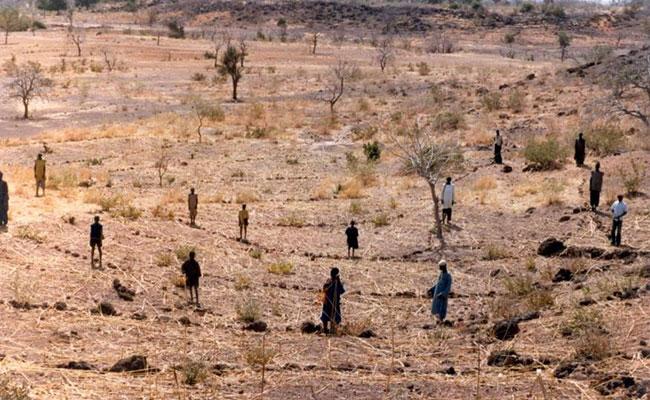Is it Time to Rethink Humanitarian Insurance?
Providing access to insurance to help governments of poorer countries deal with more climate-related disasters

Innovations in Development: Solutions for a better future
On the Thomson Reuters Foundation blog, Tetra Tech’s Richard Choularton, senior associate focused on food security and climate resilience for International Development, recently discussed the importance of expanding access to insurance to address the impact of natural disasters. In his post, Richard reflects on lessons learned in recent years.
From the Thomson Reuters Foundation Blog:
The human and financial costs of climate and other natural disasters are increasing. These disasters disproportionately affect the poorest and most vulnerable populations, who lose much more of their wealth when disaster strikes.
Yet, only a fraction of the costs of these disasters in the developing world are covered by international aid and even less by insurance. According to a new report by Risk Management Solutions, only 3 percent of disaster losses were covered by insurance and only 8 percent by international aid.
The remainder of these losses have been left to governments and individuals to absorb, making the poorest and most vulnerable people in the world their own insurers of last resort. The costs to this population go well beyond financial loss and include malnutrition, displacement, disrupted education, loss of productive assets and livelihoods, and even death.
In the Philippines over the last two decades, 15 times as many infants died in the 24 months after typhoons as died in the typhoons themselves due to access to health care, sanitation, and adequate diets; 80 percent were infant girls.
Humanitarian organizations have been testing insurance tools for some time, but only in the last few years has the practice begun to accelerate dramatically. This acceleration is due to rapidly growing needs, increasing climate-related risks, and a growing evidence base on the potential cost savings and other benefits from risk financing.
With this accelerating focus on expanding access to insurance to address the impact of natural disasters, it is important to reflect on some of the lessons we have learned in recent years.
Read the full post on the Thomas Reuters Foundation blog.
Read more from Richard Choularton in his expert interview about food security and early warning systems in the face of a changing climate.

